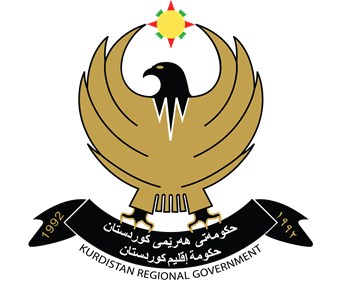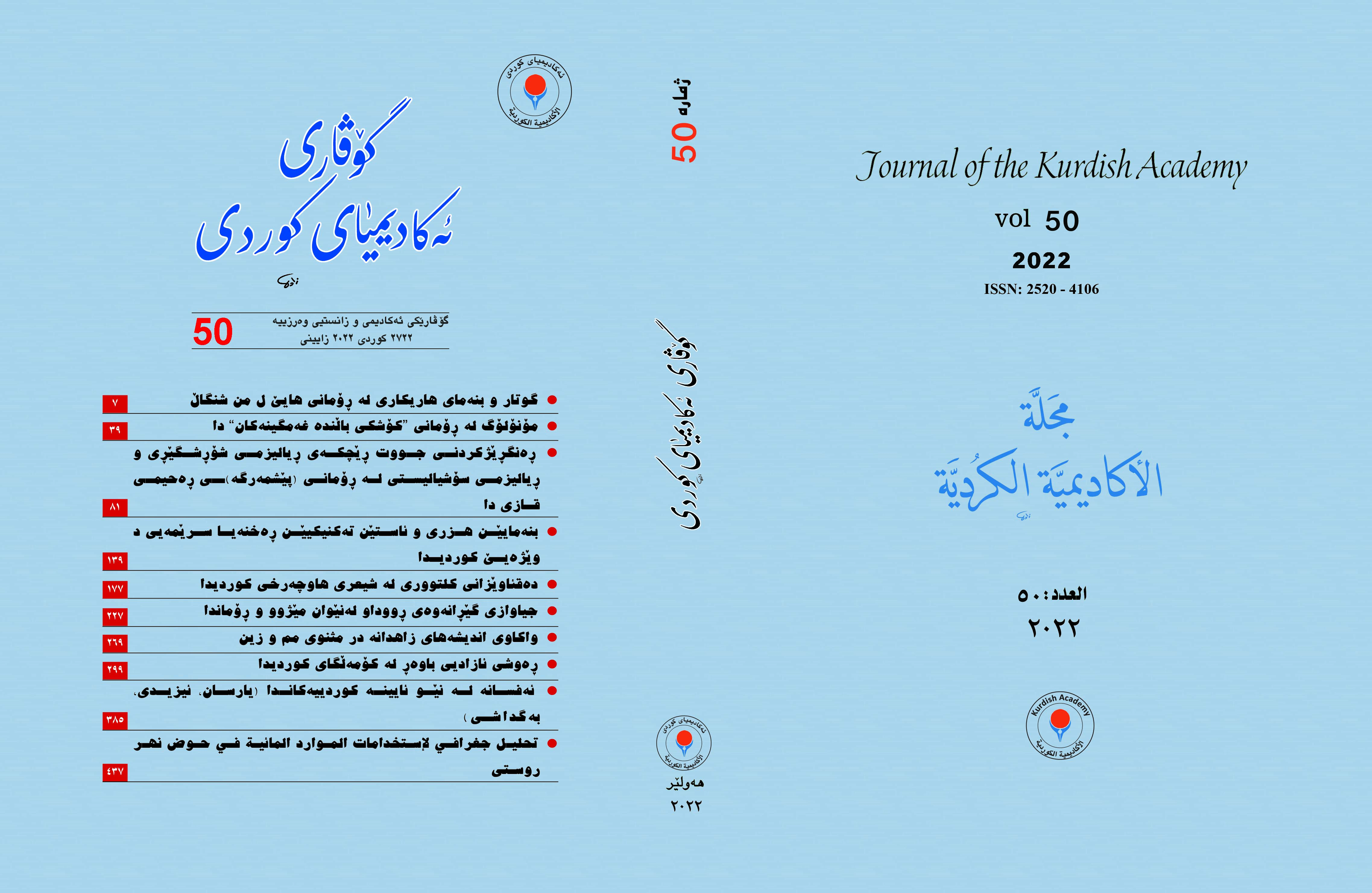The reality of the freedom of belief in the Kurdish society A field study in Erbil governorate
DOI:
https://doi.org/10.56422/ka..50.44Keywords:
religion, freedom, freedom of faith, law, rationalityAbstract
The conflicting history of beliefs and religions, as well as the rejection of variations and attempts to impose the dominant religion, resulted in the development of the concept of religious freedom.
Within the context of this principle, all differing beliefs have an equal right to the free exercise of their inherent nature and sanctity. The significance of stressing this topic is that legal acknowledgment of freedom of faith and religion in Kurdish society can be incorporated into the mindset and social morals of all different faiths. The research sought to explain the condition of religious freedom in Iraq and the Kurdistan Region by examining constitutional and legal requirements.
This topic is analyzed via the lens of Bertrand Russell's ideological paradigm of freedom, religion, and rationality. One of the study's major findings is that the majority of religions adhere openly and in private to their faith's rites and ceremonies. While changing religion is not permitted by law. Under the Iraqi Personal Status Act, all religions and beliefs have marriage contracts, but the law's provisions are based on Islamic religious law, thus marriage between other religions is a religious barrier. While religious liberty is possible, it is not necessary, and legal acknowledgement of this subject has not resulted in social confession. Disbelievers are not protected legally or socially. The lack of awareness of the concept of religious freedom and opposition to differences, as well as the instability of the political situation, the neglect of the educational program, and the establishment and implementation of legislation, are the primary impediments to religious freedom.





